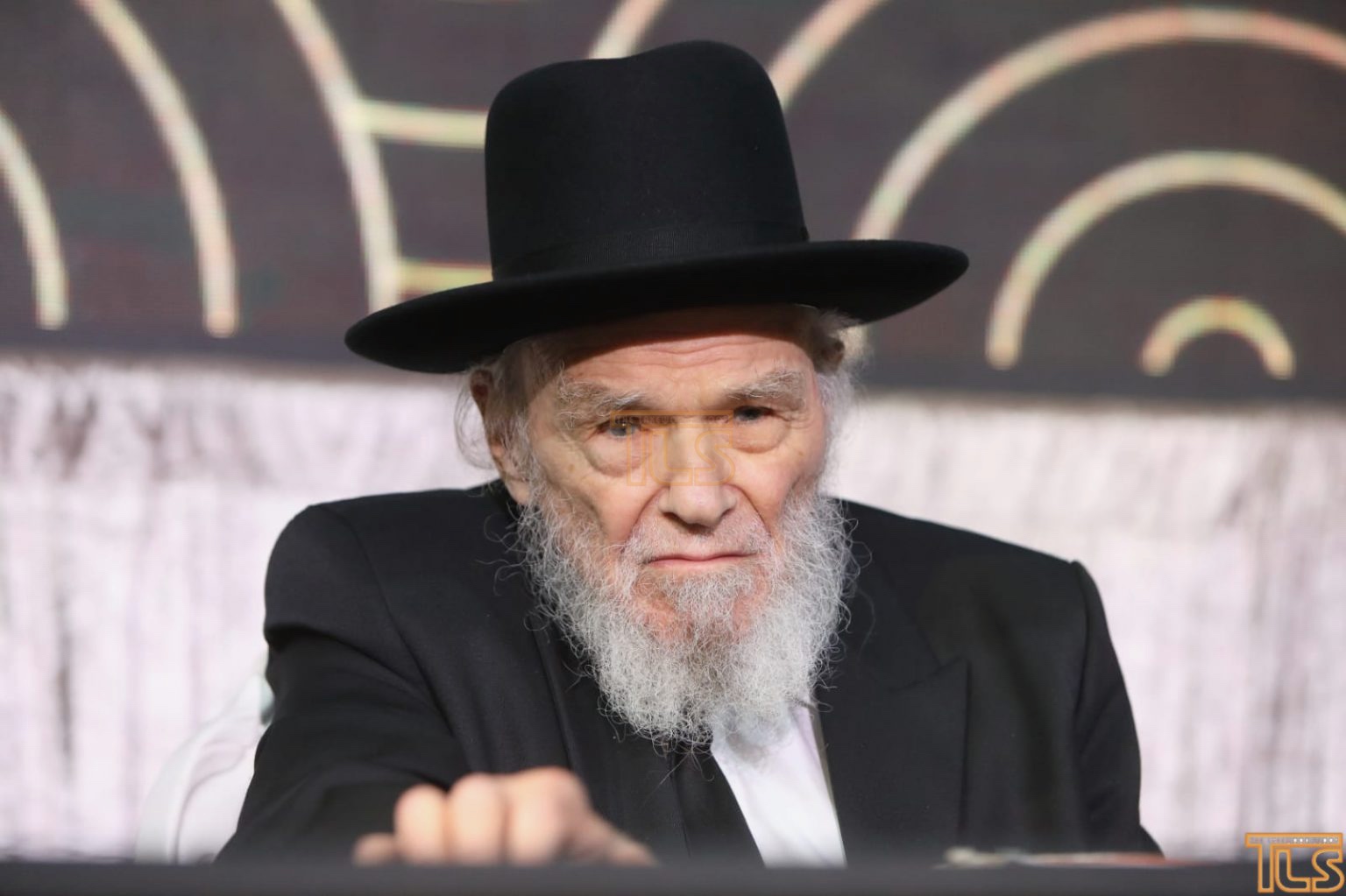Our Sedra relates the episode of the Sacrifice of Isaac, the Akeida. By way of introduction to this momentous event, the Torah tells us וה’ ניסה את אברהם – that Hashem tested Avrohom. There are traditionally two main schools of thought as to the meaning of Nisyonos – “tests from Hashem”. The first says simply that they are meant to prove one’s level of Avodas Hashem. The second school of thought maintains that these ‘tests’ are meant to force the subject of the test to rise to a higher level – the level required in order to pass the test. In either case, the objective is not so much to see whether the person being tested will pass or fail – Hashem knows the innermost self of everyone and has no need to ‘test’ – but to provide the subject of the test with the opportunity to actualize potential into reality. Regardless of how we view Nisyonos, however, once someone has “passed” a Nisayon it is rather clear that indeed a certain level of Avodas Hashem has been achieved. Although Chazal tell us that Avrohom Avinu was tested ten times by Hashem this is the only time that Hashem prefaces a test by saying that it’s a test. Chazal also tell us that this was the final “test” that Hashem gave Avrohom.
The above points clearly to this final trial as being a far greater test than any of the others Hashem gave to Avrohom Avinu – both because it’s prefaced as being a test and because it is the last. The last test must presumably be the greatest test whether it’s to prove a new higher level or whether it’s to advance Avrohom to a higher level (see HaEmek Davar).
What was it about this Nisayon that made it the greatest – why does this Nisayon complete Avrohom Avinu’s Avodos Hashem?
From a historical perspective Avrohom Avinu, completely surrounded by a world of idolatry, came to the realization on his own that there was certainly A Creator to the world, and that this Creator could not be only a Prime Mover, but had to be an Omnipotent, Omnipresent G-d. This realization came to Avrohom Avinu using his own intellect and power of deduction.
Avrohom Avinu’s first Nisyonos were all based on his intellect. Avrohom Avinu was willing to throw himself into a fiery furnace rather than bow to an idol as it was obvious to him that Avoda Zara was wrong. Avrohom was willing to set out to a new land in order to be able to have a fresh start in Avodas Hashem. Avrohom Avinu was able to abandon the land of Eretz Yisroel because of famine and to travel to Egypt. In all these situations, Avrohom used common sense and his own intellectual powers to understand how he was to best serve Hashem.
Avrohom Avinu used logic and reason to preach Retzon Hashem. Chazal tell us that Avrohom preached against the practice of human sacrifice, calling it immoral, unethical, and contrary to reason. He said such acts were an abomination to Hashem.
Hashem had told Avrohom Avinu – in this week’s Sedra – that it would be through Yitzchok that his descendents would come.
Yet Hashem now comes and challenges all the logic that Avrohom used to come to an understanding of Hashem, and even seemingly to contradict what He had said to him. Avrohom had already publically in the name of Hashem lashed out against the very practice he was now being asked to perform. Hashem had promised Avrohom Avinu that Yitzchok would be his heir. He now appeared to be negating and contradicting that promise.
This test was in a class of its own. Whereas all previous Nisyonos required Avrohom Avinu to use his own intuitive intellect to decipher what it was that was Retzon Hashem, here Avrohom Avinu had to defy all logic and reason purely for the sake of his absolute recognition of Hashem and his firm belief in Him.
This is a powerful lesson for us as well. While for the most part in life we must seek out Hashem intellectually, emotionally, and logically we must realize that ultimately it is the Divine Word, not our own instincts or logic, that defines what right reason is.
A very warm Good Shabbos, Rabbi Y. Dov krakowski
*To contact the Shul: [email protected]
**To contact the Rav: [email protected] or 054-345-1553(between 9-9:30am, 8:30-10pm and 45 minutes prior to shkia). If it is a question pertaining to Kashrus please call 050-590-2244
This week’s issue is sponsored as a zechus for a Refuah Shelaima for Perel Shvartzeh Bas Chana, Bsshch”y.










